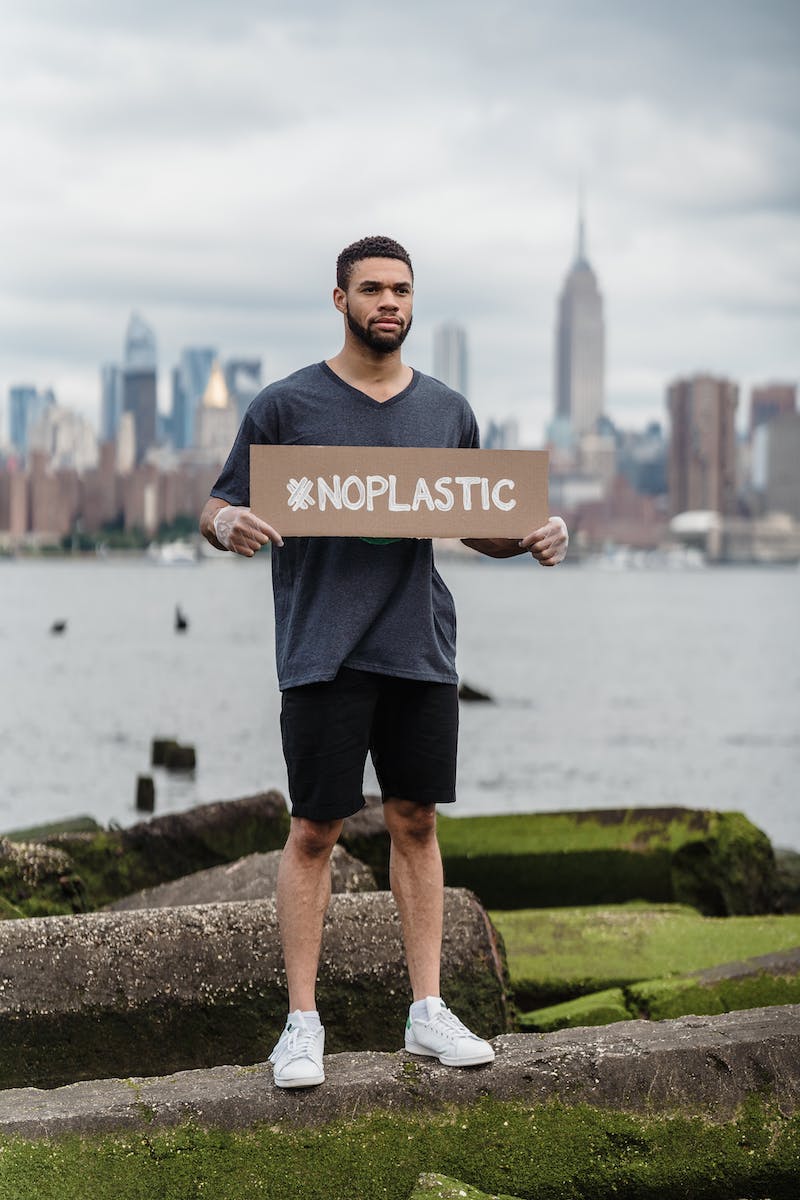The Pros and Cons of Wastewater Recycling
Exploring the Benefits and Drawbacks of Water Reuse
Wastewater recycling, also known as water reuse, is a process of treating and repurposing wastewater for various beneficial purposes. This practice plays a significant role in water conservation and sustainable resource management. By recycling wastewater, communities can alleviate water stress and reduce their reliance on freshwater sources. However, this approach also raises concerns regarding potential health risks and environmental impacts. Let's delve into the advantages and disadvantages of wastewater recycling to gain a comprehensive understanding of its implications.
In recent years, wastewater recycling has gained traction as an innovative solution to address water scarcity and promote eco-friendly practices. By repurposing wastewater, individuals and industries can contribute to the sustainable use of water resources, thereby mitigating the strain on natural water supplies. Nevertheless, the implementation of wastewater recycling initiatives necessitates a thorough examination of its benefits and drawbacks to ascertain its overall effectiveness and safety.
Pros
Discover the wide-ranging advantages of wastewater recycling and how it can positively impact the environment and communities. From resource conservation to energy efficiency, wastewater recycling offers compelling benefits that contribute to a sustainable future.
Cost Savings
Implementing wastewater recycling systems can lead to significant cost savings for both municipalities and industries. By repurposing treated wastewater for non-drinking applications, such as landscaping and toilet flushing, organizations can reduce their reliance on potable water sources and lower their utility expenses.
Resource Conservation
Wastewater recycling reduces the demand for freshwater resources, thereby supporting conservation efforts and alleviating pressure on natural water sources. By utilizing treated wastewater for non-potable purposes such as irrigation and industrial processes, communities can preserve precious freshwater for essential needs.
Reduced Water Demand
Wastewater recycling helps in reducing the demand for fresh water by providing an alternative source for various non-potable uses such as irrigation, industrial processes, and toilet flushing. This reduction in water demand can contribute to overall water conservation efforts, especially in water-stressed areas, leading to sustainable water management.
Environmental Sustainability
The practice of wastewater recycling plays a pivotal role in promoting environmental sustainability. By reducing discharges into natural water bodies and minimizing pollution, water reuse contributes to the protection and preservation of aquatic ecosystems and biodiversity.
Energy Efficiency
Wastewater recycling often involves advanced treatment technologies that prioritize energy efficiency. By adopting sustainable practices in water treatment and reuse, communities can minimize energy consumption and enhance the overall efficiency of water resource management.
Improved Water Quality
The process of treating and recycling wastewater can lead to improved water quality. Through advanced treatment technologies, the recycled water can be free from contaminants, thus reducing pollution and enhancing the health of ecosystems and aquatic life in receiving water bodies.
Missing a pro?
Let us know which pro you are missing!
Cons
Explore the potential concerns and drawbacks associated with wastewater recycling, including health considerations, environmental impacts, and public perception. While water reuse offers compelling advantages, it is essential to address the associated challenges and risks for comprehensive decision-making.
Infrastructure and Maintenance Costs
Wastewater recycling systems require significant initial investment in infrastructure and ongoing maintenance costs. The installation and upkeep of treatment facilities, distribution pipelines, and monitoring systems can pose financial challenges for municipalities and industries, impacting the feasibility of widespread adoption.
Health Risks
One of the primary concerns related to wastewater recycling is the potential exposure to pathogens and contaminants present in treated wastewater. Despite rigorous treatment processes, there is a residual risk of microbial and chemical pollutants, leading to potential health hazards if proper precautions are not implemented.
Environmental Impacts
While wastewater recycling contributes to environmental sustainability, there are potential environmental impacts associated with the discharge of treated effluent and the management of residual by-products. Proper management of recycled water and by-products is essential to minimize any adverse environmental effects.
Public Perception
The public perception of using recycled wastewater for non-potable purposes can pose challenges to widespread acceptance. Overcoming the psychological barrier associated with utilizing reclaimed water in daily activities requires targeted educational efforts and transparent communication to address misconceptions and build trust.
Regulatory Compliance
Wastewater recycling initiatives are subject to stringent regulatory standards and monitoring to ensure compliance with quality and safety requirements. Meeting regulatory obligations and maintaining consistent water quality throughout the recycling process demands substantial investments in infrastructure and oversight.
Energy Consumption
The process of treating and recycling wastewater involves energy-intensive operations such as pumping, aeration, and filtration. This can lead to an increased demand for energy resources, potentially contributing to greenhouse gas emissions and environmental impacts if the energy is derived from non-renewable sources.
Missing a con?
Let us know which con you are missing!
Conclusion
In conclusion, wastewater recycling presents a dual perspective, offering notable benefits in terms of resource conservation, sustainability, and cost savings, while also posing challenges related to health risks, public perception, and regulatory compliance. As communities and industries continue to prioritize sustainable water management, thorough risk assessment, technological advancements, and stakeholder engagement will be pivotal in realizing the full potential of wastewater recycling while addressing its associated drawbacks.
What do you think?
Do you think the pros outweigh the cons?










